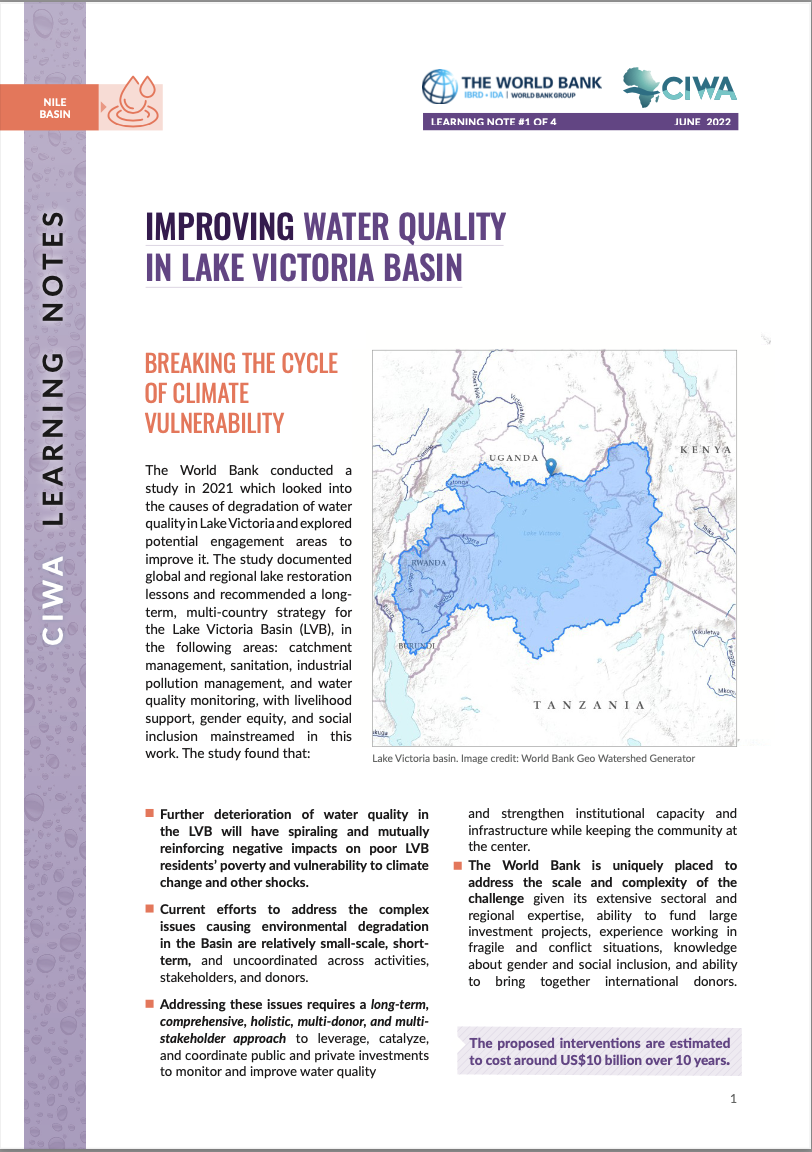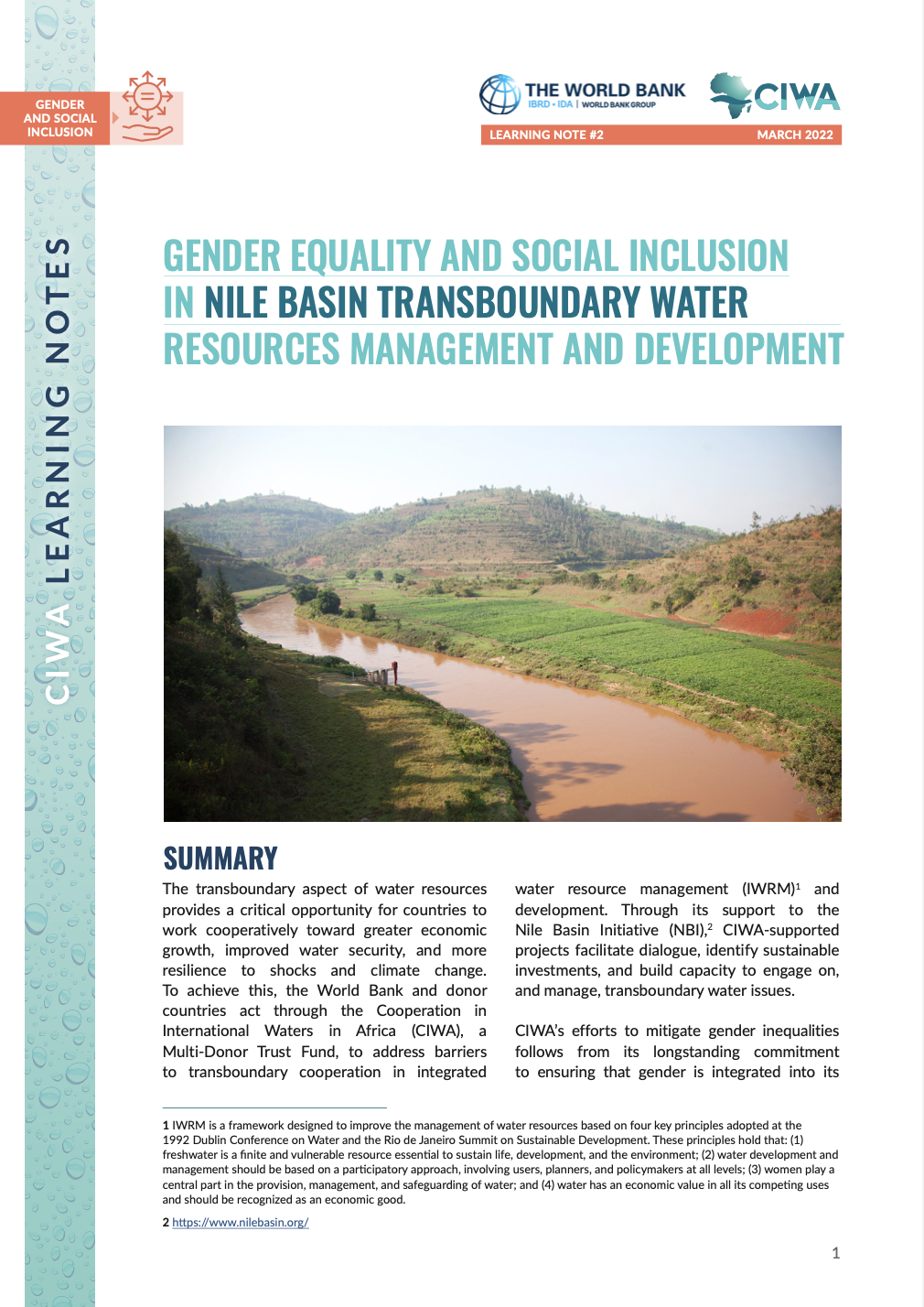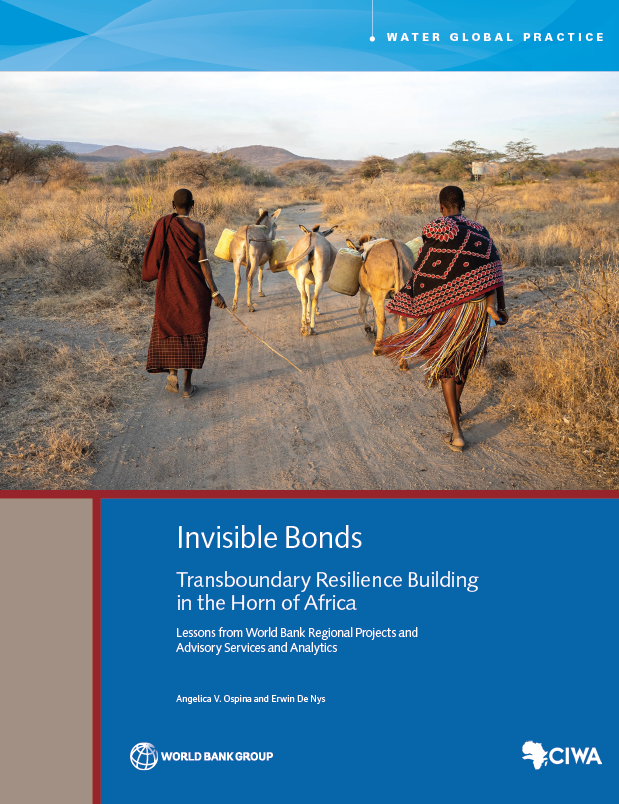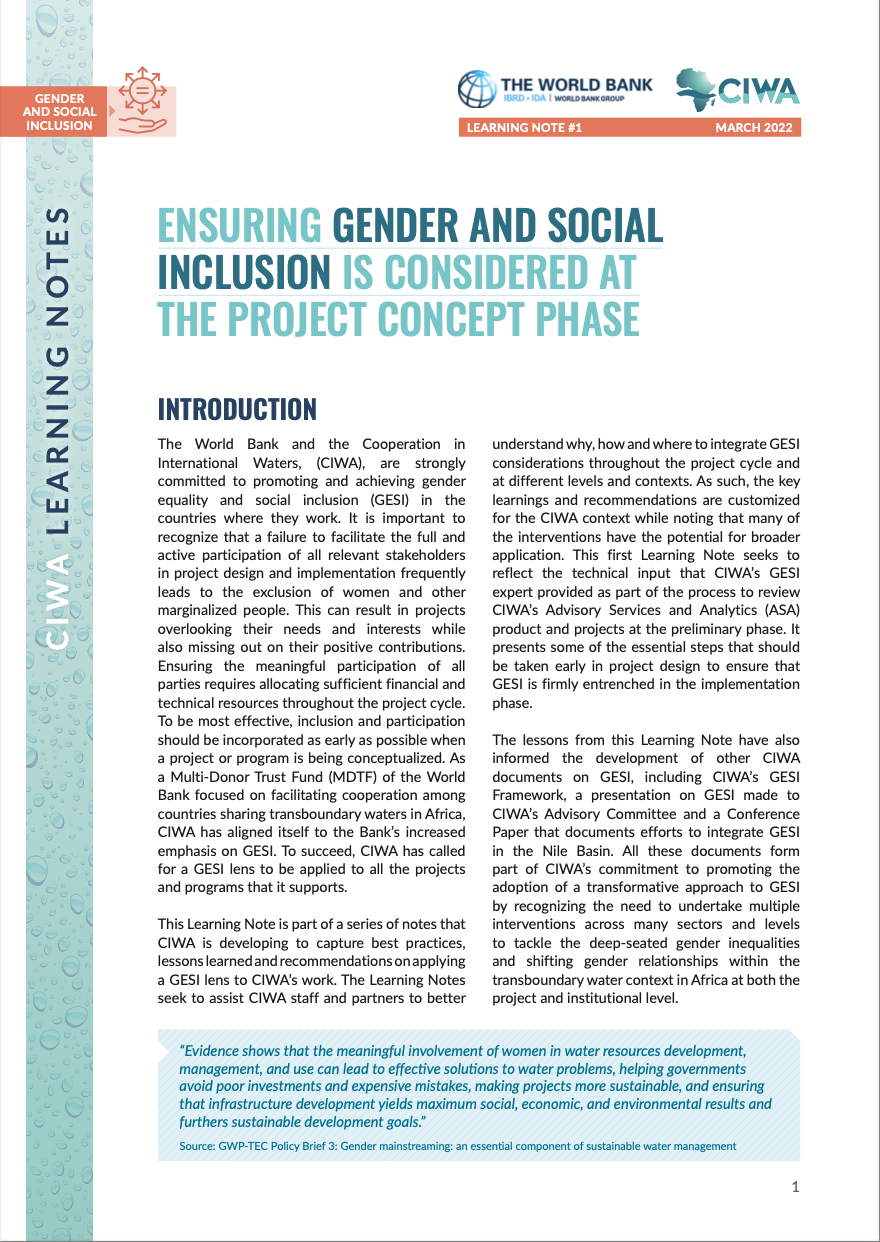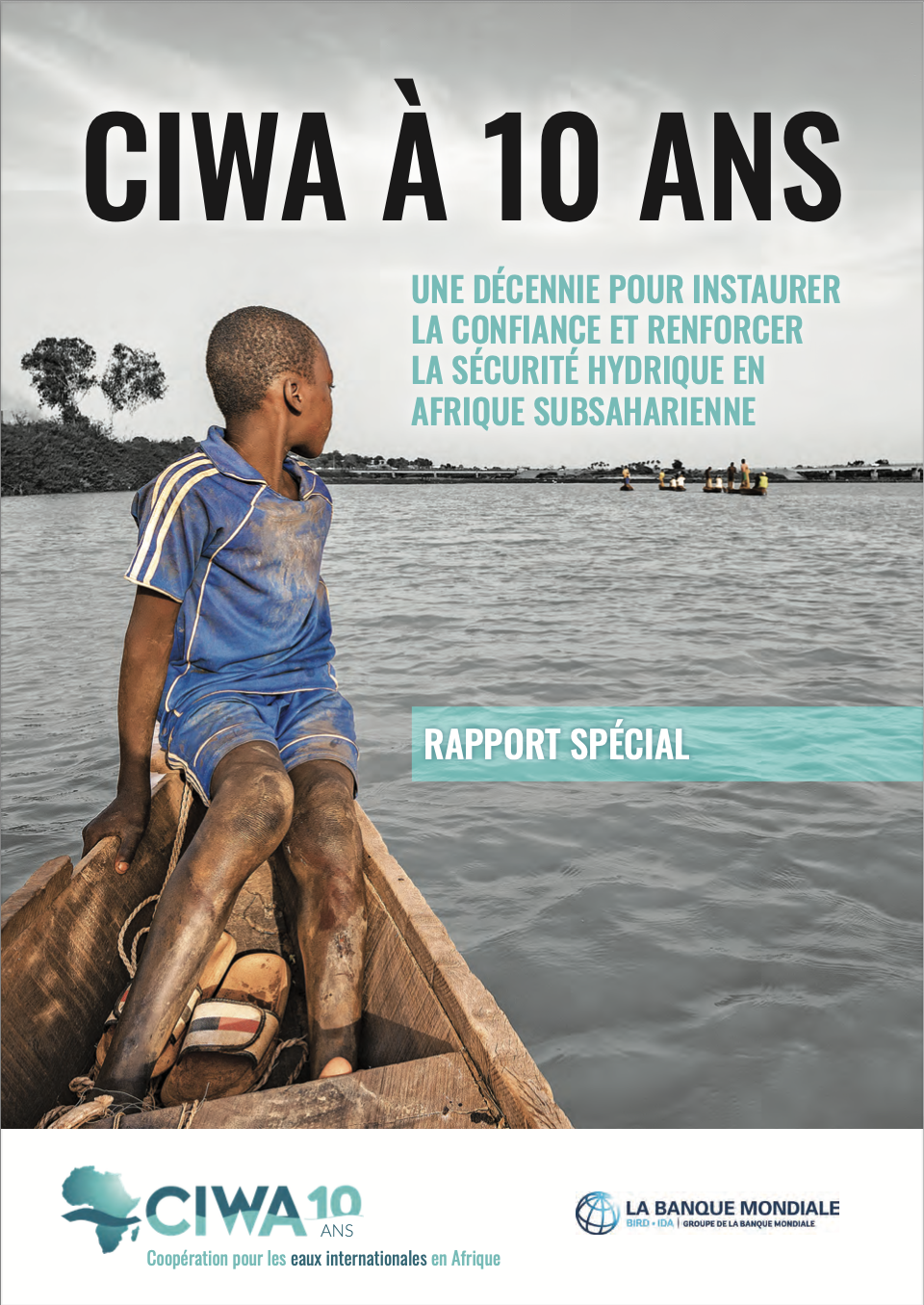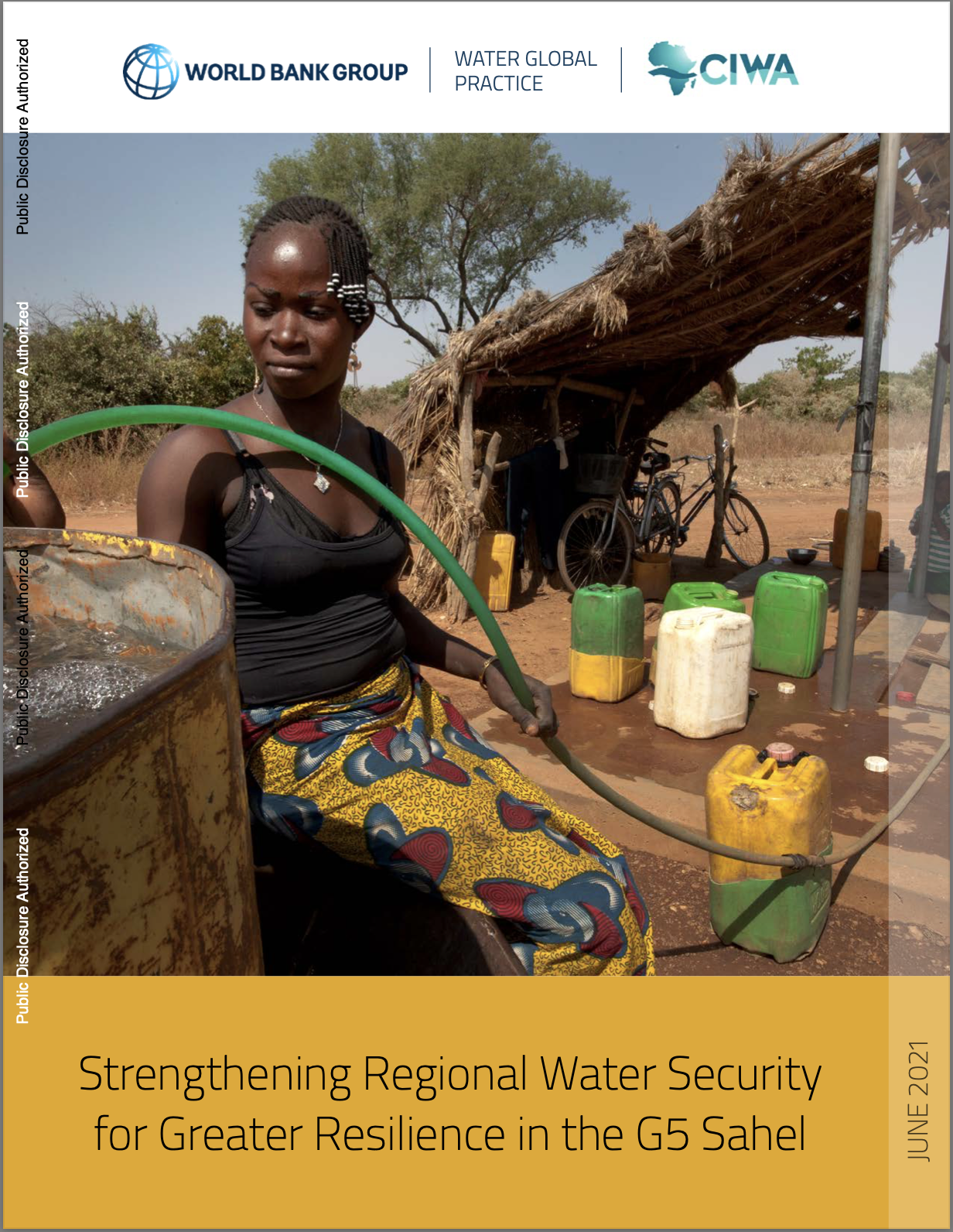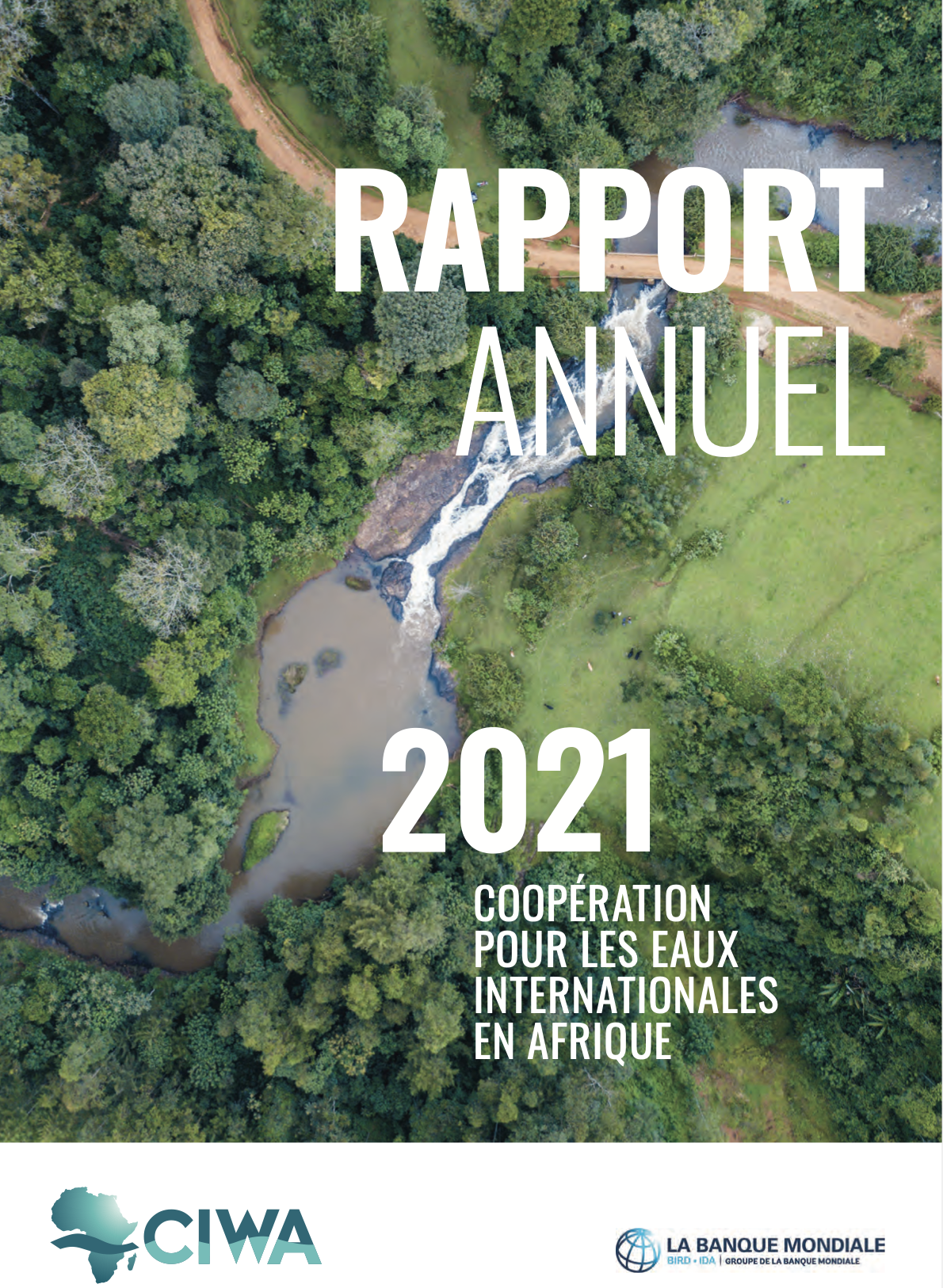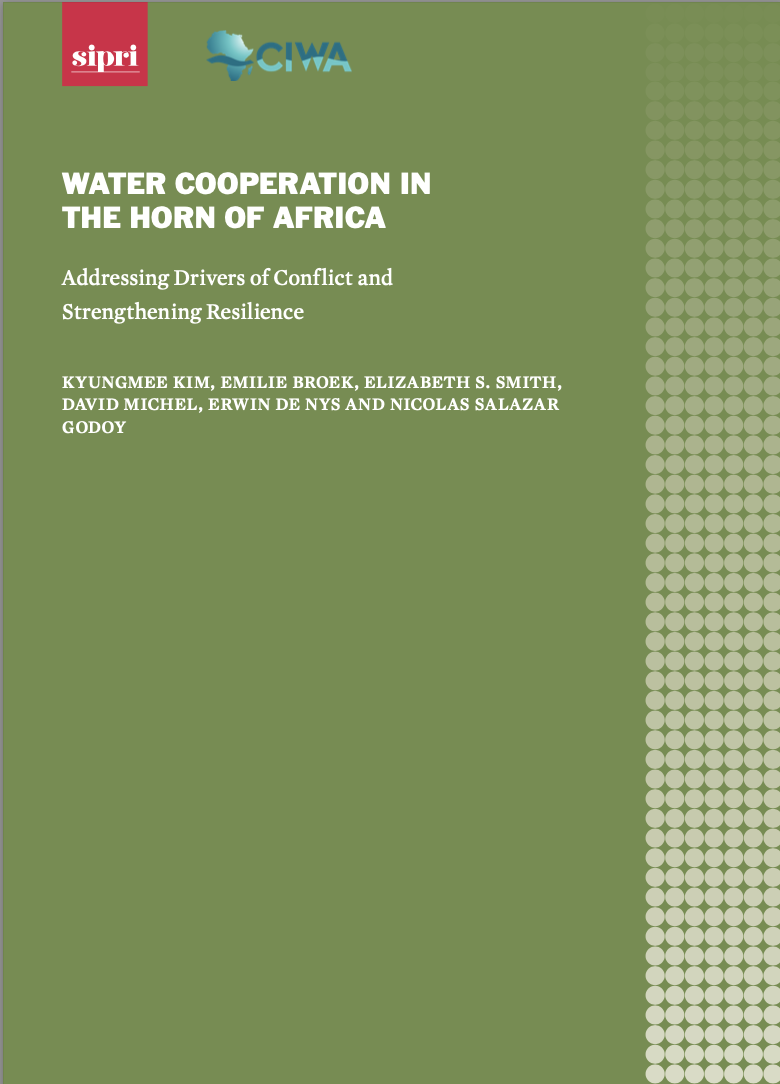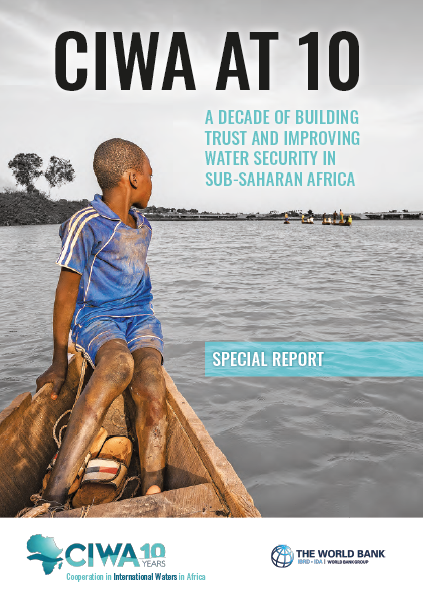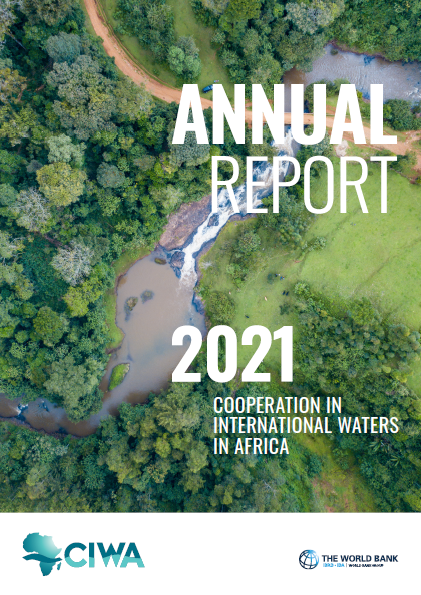Improving Water Quality in Lake Victoria Basin: Breaking the Cycle of Climate Vulnerability
The CIWA’s Lake Victoria Basin Learning Notes Series gives an overview of the causes of degradation of water quality in Lake Victoria and explores potential engagement areas to improve it. Based on a World Bank study, those notes go over global and regional lake restoration lessons and the recommended long-term and multi-country strategy.
Gender Equality and Social Inclusion in Nile Basin Transboundary Water Resources Management and Development
This CIWA Learning Note focuses on capturing lessons learned and recommendations from CIWA’s support to NBI’s gender equality work from 2012 through 2020. This support was provided primarily through the Nile River Basin Support Program and the complementary project, Nile Cooperation for Results. Since support to the NBI operated at both the project and institutional levels, this Note considers lessons learned from past promotion of gender equality and acknowledges the practical realities of sustaining financial and technical contributions to address gender inequalities in a transformative way.
Invisible Bonds: Transboundary Resilience in Horn of Africa
The document presents an overview of the findings of a stocktaking exercise conducted among selected regional resilience initiatives and Advisory Services and Analytics (ASAs), supported by the World Bank in the HoA.
Ensuring Gender and Social Inclusion is Considered at the Project Concept Phase
The CIWA Learning Notes form part of CIWA’s commitment to promoting the adoption of a transformative approach to GESI by recognizing the need to undertake multiple interventions across many sectors and levels to tackle the deep-seated gender inequalities and shifting gender relationships within the transboundary water context in Africa at both the project and institutional level.
CIWA ANNIVERSARY REPORT, IN FRENCH!
For 10 years, CIWA has fostered cooperation over transboundary waters, improved water resources management, protected biodiversity, helped countries beset by conflict and fragility, and spurred climate resilience in Sub-Saharan Africa.
Strengthening Regional Water Security for Greater Resilience in the G5 Sahel
The World Bank’s historical engagement in transboundary water in West Africa is at a turning point, at a time when the G5 Sahel region faces unprecedented challenges. Therefore, it is time for the World Bank to broaden its water sector approach in the G5 Sahel and shift its focus to establishing a regional water security framework. This report also serve as a basis for deepening the dialogue with counterparts in the next fiscal year.
2021 CIWA ANNUAL REPORT (FRENCH VERSION)
Amid the global pandemic, CIWA’s work to ensure water access to sustain lives, increase peace and prosperity, and improve resilience in Sub-Saharan Africa is more important than ever.
Water Cooperation in the Horn of Africa: Addressing Drivers of Conflict and Strengthening Resilience
This joint SIPRI–CIWA report aims to help to fill this research gap by exploring the role of local-level cooperative initiatives in improving water resource challenges in the Horn of Africa. The report draws on three illustrative case studies of transboundary basins in cross-border regions: the Sio–Malaba–Malakishi Basin; the Dawa River and Aquifer; and the Bahr el Ghazal Basin and the Baggara Basin Aquifer. In doing so, it provides lessons learned from existing cooperative initiatives.
CIWA AT 10
For 10 years, CIWA has fostered cooperation over transboundary waters, improved water resources management, protected biodiversity, helped countries beset by conflict and fragility, and spurred climate resilience in Sub-Saharan Africa.
2021 CIWA Annual Report
Amid the global pandemic, CIWA’s work to ensure water access to sustain lives, increase peace and prosperity, and improve resilience in Sub-Saharan Africa is more important than ever.



